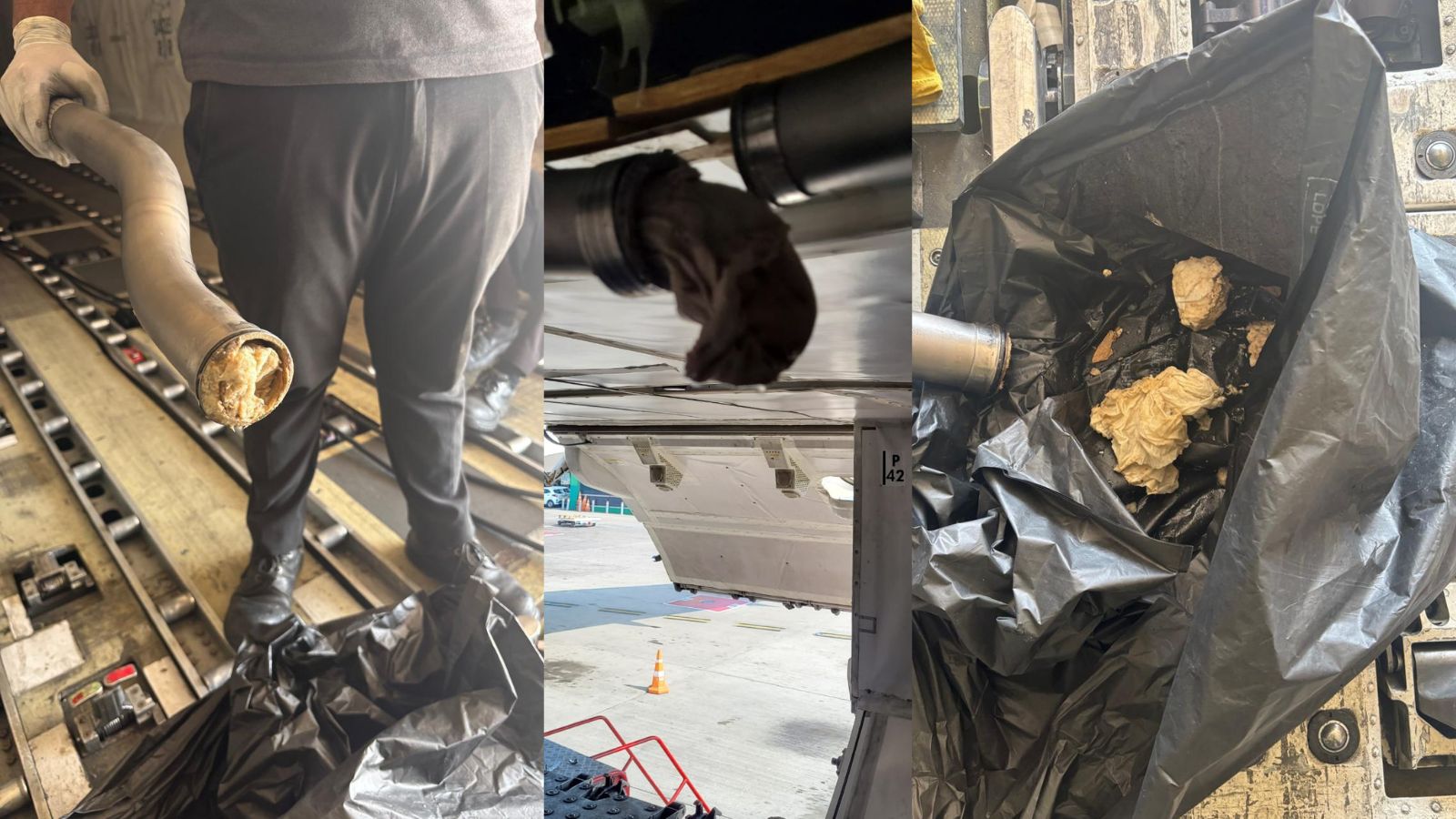Diapers, Blankets In Airplane Loo: Why Indians Are A 0 In Civic Sense?

Picture yourself boarding a transcontinental flight, feeling proud of India’s rising profile in the world, and then watching your country’s reputation go down the drain along with 8 shattered airplane toilets. This is not a novel – this actually occurred on Air India Flight AI126. This was a moment that stripped away our carefully constructed image of being cosmopolitan and revealed an uncomfortable truth about our national psyche.
We are a nation of contradictions. We boast of our growth, our technological prowess, and our growing influence in the world – but we have a hard time being simply kind: civic sense. It’s as if we can construct high-rise buildings but can’t operate a toilet correctly. The world is looking at us, and what they see is not the India we want to be, but a poor example of bad manners.
The toilet fiasco in the airplane is not an isolated incident. It reflects a greater issue – an absolute breakdown of public manners that is not transport-exclusive but is beginning to pervade other sectors of our lives as well. From reeking train compartments loaded with garbage to public spaces becoming personal dumping grounds, we have accepted a level of social mayhem that would be embarrassing for most other developed nations.

Have a look at the figures that reveal very grim statistics. Indian tourists have made airplane cabins into individual trash cans and, in some ghastly instances, individual toilets. There was one instance where a passenger even peed on the floor of an airplane – not due to some illness, but apparently out of some strange lack of respect for common human dignity. These are not isolated incidents, but they indicate a larger issue in culture.
The aviation industry has been a witness to our national failures. Air India press releases sound like pleading cries for a modicum of human decency – “Please do not flush blankets, innerwear, and diapers down the toilet” – a line which must never be typed by a professional airline. That such a release is even necessary is a testament to much that is amiss in our country. It seems like we Indians need to be taught how to use toilet!
But this isn’t about only airplanes or trains. It’s about a painful disconnect between what we want the world to think of us and what we are doing! We dream of being a superpower, but we can’t manage basic public behavior. We want the world to see our economy and technology, but we are showing them how not to use public transportation.

How the world perceives us depends not just on how our economy is doing or how successful our diplomacy is. It also depends on small things that appeared insignificant – such as how we look after common areas, how we treat public facilities, and how we demonstrate simple responsibility as citizens. Throwing a plastic bag down an airplane toilet damages our worldwide reputation.
This is not so much a matter of possessing sufficient resources or education. A lot of the individuals responsible for these humiliating circumstances are educated urban workers. That is to say, the problem is not one of capability, but one of common cultural mindset which regards public areas as someone else’s responsibility to maintain. We can do a good job of maintaining our homes but regard public areas as trash cans.
What is the solution?
The Swachh Bharat mission has taught us that mass behavior change is feasible. But missions and government campaigns are only the beginning. Change actually occurs when civic sense turns into a personal pride, and not governmental compulsion.
We are at a fork in the road. Our international aspirations are genuine, and our potential is enormous. But potential is irrelevant if we can’t coexist on the fundamentals of occupying the same space. The world doesn’t need respect because we’re becoming a powerful economy. Respect is earned, not one airplane bathroom, one train car, and one public space at a time.





